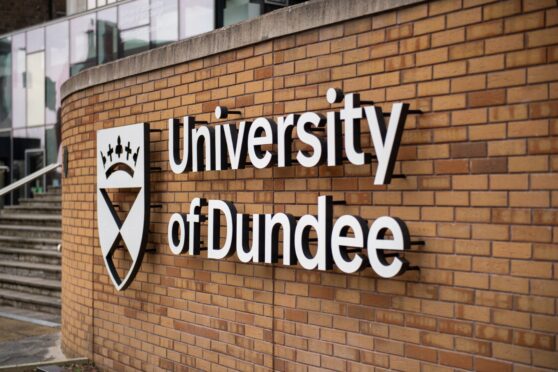A tiny camera in a capsule the size of a Jelly Baby will be used to help diagnose bowel cancer and reduce NHS Tayside’s waiting times.
NHS Tayside has received £140,000 of Scottish Government funding to carry out capsule tests on 200 patients.
The colon capsule will be swallowed by patients and the camera inside will allow clinicians to see inside the bowel.
The use of this alternative technology is part of NHS Tayside’s Covid remobilisation plans.
Chief executive Grant Archibald said he hopes to see the number of patients benefiting rise from 200 to 800.
He added: “In terms of scoping, we are doing something really radical, which as anybody who has had scoping knows, is quite an unpleasant experience with a large tube being passed into your body.
“What we are developing is a trial of what’s known as pill camera which means one swallows a pill – maybe about the size of an old-fashioned Jelly Baby – and have eight or nine sensors connected to your torso.
“And the pill follows its way through your body – and comes out the other end. But the important thing is it relays images to the sensors around your torso.”
The use of this “radical” technology is being done in partnership with Dundee University.
Dr Craig Mowat, consultant gastroenterologist with NHS Tayside and senior lecturer in gastroenterology with Dundee University, said Covid has reduced the number of patients they can diagnose.
“Since the pandemic, we now need extra cleaning of rooms between cases and use of PPE, meaning that we cannot perform as many procedures in a day as we could before Covid.
“If we can get the information we need without having to bring people to hospital for this procedure, it will allow us to see and treat many more patients and reduce waiting times.
“The colon capsule is a pill-sized camera which has a bright light and two cameras which beam images to a recorder worn by the patient. It will film the inside of the lower intestine to determine whether there are any abnormalities.
“The colon capsule makes the procedure non-invasive, painless and the patient does not need to be sedated.
“We will invite selected patients to a community hub to swallow the capsule, then they return home. The capsule will ultimately be passed into the toilet and flushed away. For the majority of patients who are selected to swallow the capsule we believe that no further tests will be required. We will continue to send patients with the highest risk of abnormalities straight to colonoscopy.”
Mr Archibald said cancer is “absolutely a priority” for the health board. He said the referral rate for cancer conditions across Scotland had dropped to 75% of what the NHS would normally expect.
In the earlier stages of the pandemic, NHS Tayside had focused on using Perth Royal Infirmary for carrying out scopes but the health board is now looking at alternatives, including acquiring more MRI and CT scanning equipment.










